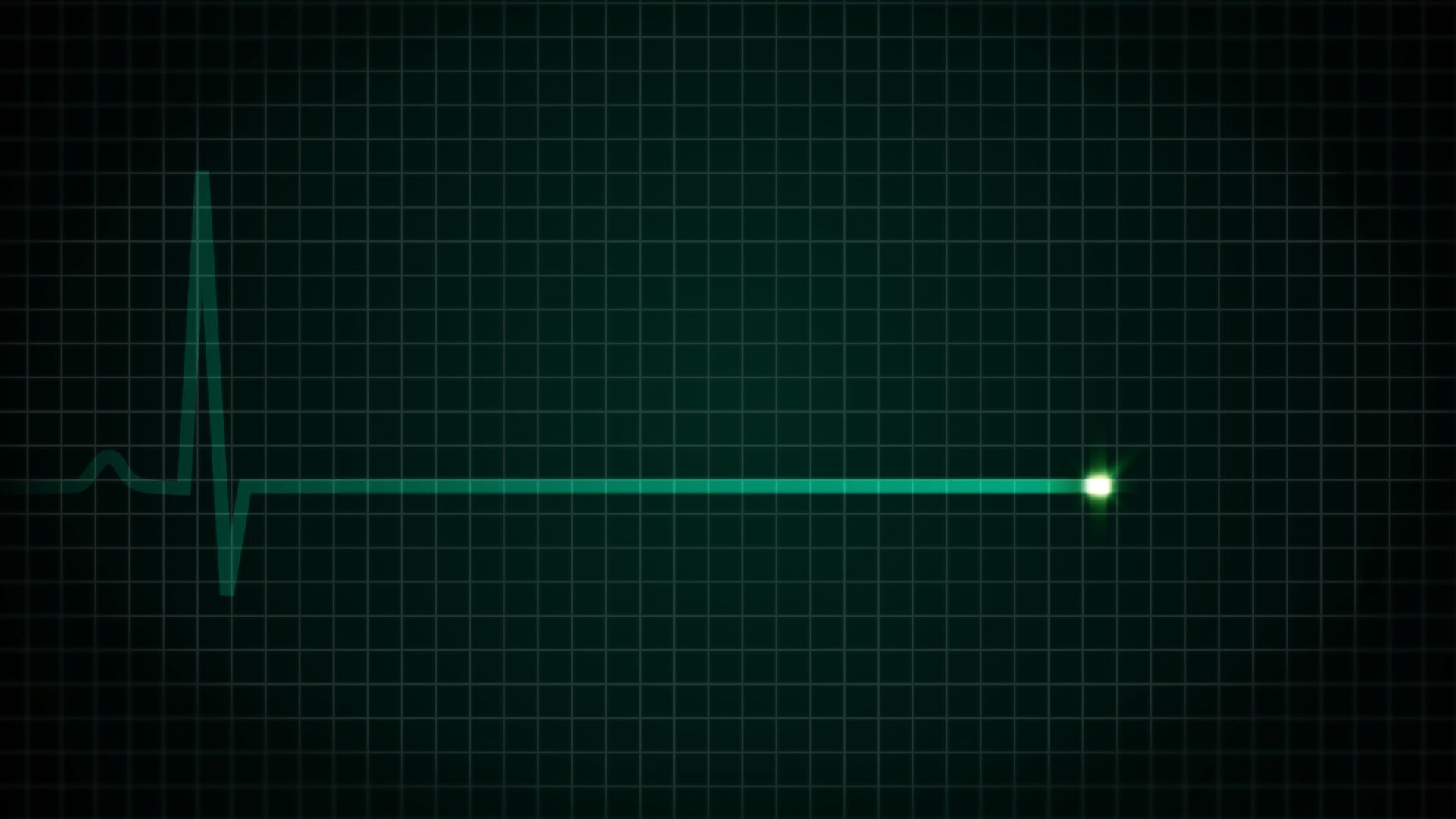Cardiac Rhythm
Contents
Pronunciation: KAR-dee-ak RITH-əm
Definition:
Cardiac rhythm, often termed heart rhythm, refers to the sequence and regularity of heartbeats, which are generated by electrical impulses within the heart.
What is Cardiac Rhythm?
Overview:
The heart’s rhythm is crucial for maintaining efficient circulation of blood throughout the body. Any irregularity can affect the heart’s ability to pump blood and may require medical attention.
Key Facts About Cardiac Rhythm:
- Originates from the heart’s natural pacemaker, the sinoatrial (SA) node.
- Abnormal rhythms are known as arrhythmias.
- Certain rhythms can be life-threatening, while others are benign.
Cardiac Rhythm | Symptoms & Causes
What are the common symptoms of rhythm disorders?
Symptoms can include:
- Palpitations or fluttering in the chest.
- Dizziness or light-headedness.
- Fainting (syncope).
- Chest pain or shortness of breath.
What causes abnormal cardiac rhythms?
Potential causes include:
- Heart disease or damage.
- High blood pressure.
- Diabetes.
- Smoking, alcohol, or caffeine consumption.
- Certain medications and drugs.
Cardiac Rhythm | Diagnosis & Treatments
How are rhythm disorders diagnosed?
Common diagnostic tools include:
- Electrocardiogram (ECG): Measures the heart’s electrical activity.
- Holter Monitor: A portable ECG device worn for a day or more to detect irregularities.
- Event Monitor: A device to track heart rhythm during symptoms.
What are the common treatments for rhythm disorders?
Treatment varies based on the type of rhythm disorder and can include:
- Medications: To control or alter the heart rhythm.
- Pacemaker: A device implanted to regulate the heartbeat.
- Cardioversion: An electric shock to restore a normal rhythm.
- Catheter Ablation: A procedure to destroy abnormal heart tissue causing the irregular rhythm.
More Articles





